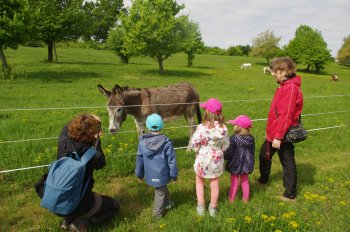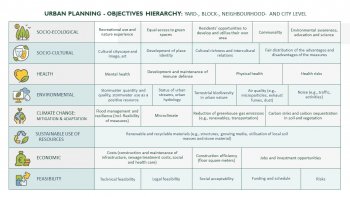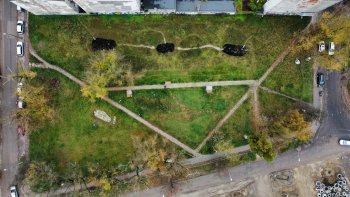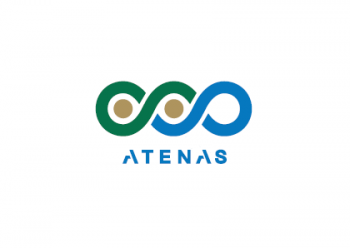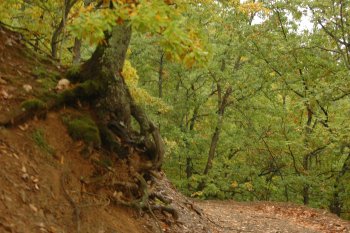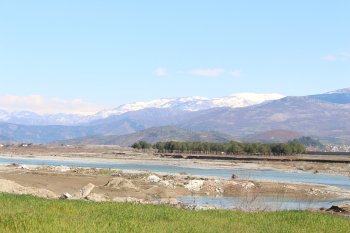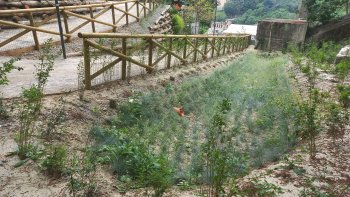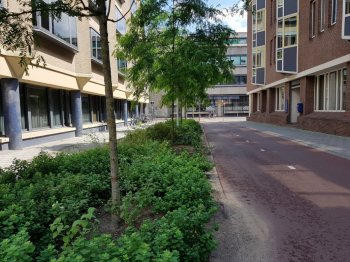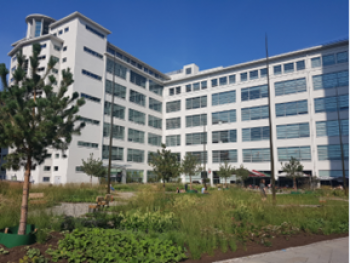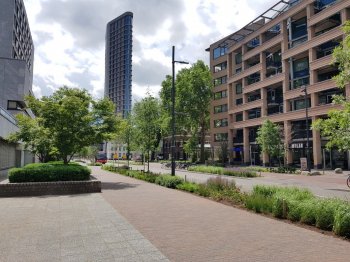Szántóföldi agrárerdészet
Az Ökoház Farm 2015-ben fogott bele látványos eredményeket hozó agrárerdészeti projektjébe, amelynek keretében az ipari és energetikai célú császárfa ültetvényt fás sávos köztesműveléssel társították, és fokhagymát termesztettek a fák árnyékában.
A gazdálkodók az interneten történő kutatással, majd az AGFOSY projektbe történő bekapcsolódásuk során szereztek információt az agrárerdészetben rejlő lehetőségekről. Később alapító tagjai voltak az Agroerdészeti Civil Társaságnak, amelyen keresztül kapcsolatba kerültek az Európai Agroerdészeti Szövetséggel (EURAF) és a H2020 AFINET...

